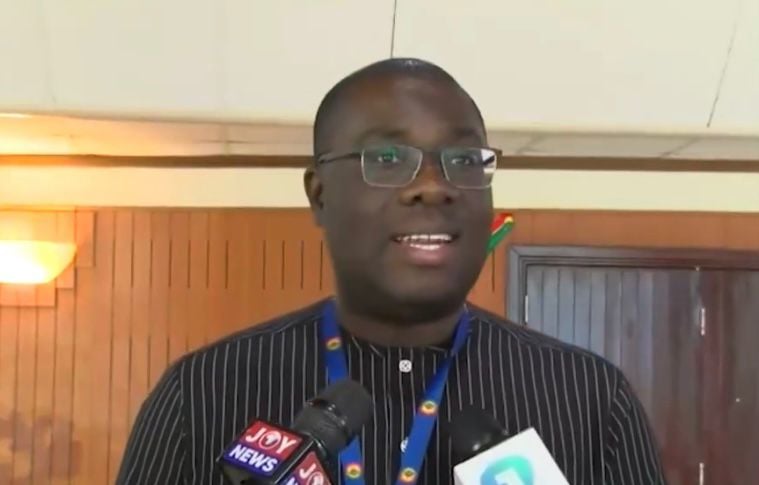The Minority Caucus in Ghana’s Parliament has expressed deep skepticism regarding President John Dramani Mahama’s directive to eliminate fuel allowances for political appointees, questioning the president’s sincerity and the practicality of the measure. They argue that the directive lacks clarity and concrete action, resembling a public relations maneuver rather than a genuine attempt at fiscal responsibility. Their primary concern revolves around the absence of a clear definition of “political appointee,” leaving room for selective implementation and potential loopholes. The Minority has challenged the government to provide a comprehensive list of positions affected by this directive, specifying whether it encompasses ministers, deputy ministers, CEOs of state-owned enterprises, and presidential staffers. This lack of clarity, they argue, fuels suspicion about the government’s true intentions and raises concerns about the possible exclusion of certain high-ranking officials from the fuel allowance cuts.
Furthermore, the Minority has raised critical questions about the practical implementation of the directive. They have challenged the president to demonstrate his commitment by shutting down fuel depots at the Osu Castle and the Jubilee House, the seats of government. The continued operation of these depots, they contend, undermines the credibility of the directive and suggests that high-ranking officials may continue to enjoy free fuel despite the announced cuts. This perceived inconsistency between the directive and the government’s actions reinforces the Minority’s skepticism about the president’s commitment to fiscal prudence. They argue that concrete actions, such as closing the fuel depots, would send a stronger message about the government’s resolve to curb spending.
The Minority’s concerns extend beyond the definition of “political appointee” and the operational status of government fuel depots. They have also questioned the precise meaning of “fuel allowance.” The directive’s ambiguity, they argue, allows for multiple interpretations. Does it refer to the direct provision of fuel or to the reimbursement of fuel expenses? This lack of clarity, according to the Minority, opens the door for manipulation and potential circumvention of the directive. For instance, officials could be reimbursed for fuel expenses through alternative channels, effectively negating the intended savings. The Minority therefore demands a clear and unambiguous definition of “fuel allowance” to ensure transparency and accountability in the implementation of the directive.
Moreover, the Minority has pressed the government to disclose the total cost of fuel allowances for political appointees and the projected savings from their elimination. Without this crucial information, they argue, it is impossible to assess the real impact of the directive on government spending. The absence of such figures makes it difficult to determine whether the measure represents a substantial cost-cutting effort or merely a symbolic gesture. The Minority’s demand for transparency in financial matters reflects their broader concern about the government’s fiscal management and the need for greater accountability in public spending.
The Minority’s skepticism about the government’s commitment to fiscal responsibility is underscored by their characterization of the directive as a populist public relations stunt. They argue that the government is more concerned with creating a positive public image than with implementing meaningful reforms. The lack of clarity and concrete actions, they contend, suggests that the directive is primarily aimed at appeasing public discontent over government spending rather than addressing the underlying fiscal challenges. This perception of the directive as a superficial measure further undermines public trust in the government’s commitment to responsible financial management.
In summary, the Minority Caucus views the directive on fuel allowances with deep suspicion, questioning its sincerity, practicality, and impact. Their concerns revolve around the lack of clarity regarding the definition of “political appointee” and “fuel allowance,” the continued operation of government fuel depots, and the absence of data on the total cost of fuel allowances and projected savings. These ambiguities, they argue, suggest that the directive is more about public relations than genuine fiscal responsibility. The Minority’s demands for clarification, concrete action, and financial transparency reflect their broader concerns about the government’s commitment to prudent financial management and the need for greater accountability in public spending. They see the directive as a symbolic gesture rather than a substantive measure to address Ghana’s fiscal challenges.


